Incluvie Foundation Gala - Learn More
It’s a bird, it’s a plane…it’s Harriet!
Harriet is a tribute to an American legend, and the reverence for Harriet Tubman is obvious in this film. As many reviews have mentioned, this is not a slavery story, it is a freedom story. The viewers only see Harriet as a slave for the first few minutes of the film. To me, it felt like watching the origin story of a superhero…which is both good and bad. The characters in the film, Tubman included, were not as fully developed as I was hoping. Similar to superhero stories, there are little to no flaws of character presented. The supporting characters were a bit flat as well. I was not emotionally invested in Harriet’s relationships, even the heartbreaking plot-line with her husband. Since I knew Tubman’s story, I was already aware she survived the numerous dangerous situations that she powered through, much like the comfort of knowing your favorite superhero will usually survive any battles they face.
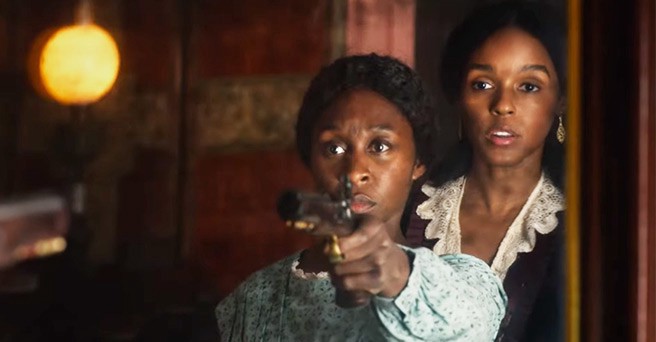
However, Harriet Tubman is a superhero. She doesn’t take no for an answer, she accomplishes selfless acts, and literally saves lives. It is important and necessary to see strong, real, Black female leads in film. Beyond that, Harriet has a Black female director and Black writers, one male and one female. As explained in a previous post, representation matters in film, and the people telling these stories need to have the opportunity to represent themselves. We saw in Harriet that histories are important. The information and photographs of Harriet Tubman tells us the truth of that time period, and personal narratives are significant and cannot be ignored. We see William Still listening and writing all of the freed slaves’ stories, which is the first time that this population were given the chance to tell their story.
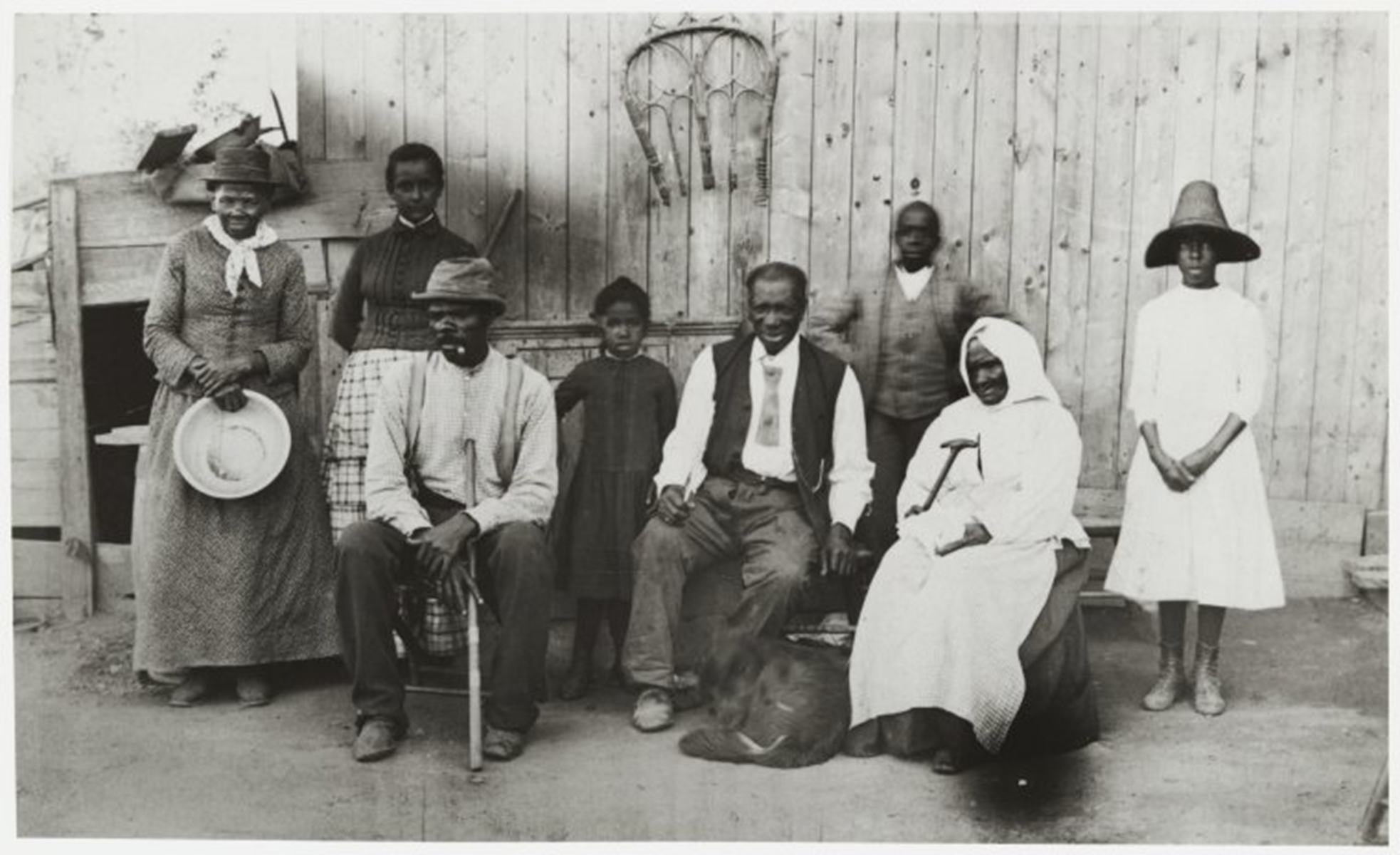
Bigger Long and the White Savior (spoilers)
The character of Bigger Long was a surprise in the story. He is a Black man who is a runaway slave bounty hunter in Harriet. In my brief internet research, Bigger Long did not actually exist in history. In a Slate article, Manisha Sinha, author of The Slave’s Cause: A History of Abolition is quoted explaining that it is possible that Black bounty hunters existed, but it would be rare. Why was he included in this story?
Bigger Long is the worst villain in Harriet with no redeemable qualities. He kills Marie, one of the most beloved characters, in a gruesome and personal way. And, he tries to kill Harriet in order to collect the financial reward for her.
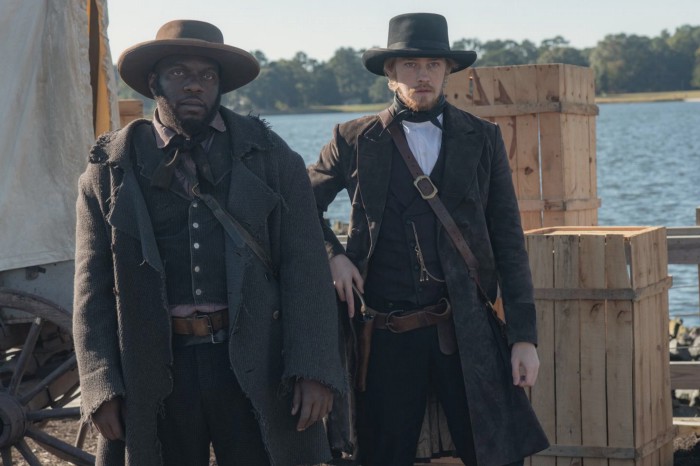
There is a debate in several reviews and on Twitter about whether Harriet uses the white savior trope. A New York Post article cites the backlash of the film and the use of #NotMyHarriet. The point made in these tweets is that the character of Bigger Long fulfills the stereotype of Black men versus Black women, or that the White man is forgiven and shows more humanity than his Black coworker. The villain is not the slave owner, but instead the Black man. This is part of the fictionalization of Harriet Tubman’s life so the viewer must examine what the characters lend to the story, or what they say about this time in history.
The argument against the White Savior trope is that Harriet is not actually saved by the White man. She saves herself (and many others). The film’s director, Kasi Lemmons, defends her choice in a Buzzfeed article, stating that while there are many, many instances of the white-washing of Black narratives in film, this is not one of them. Lemmons explains that the creation of Bigger Long is to expand the role of Black people in slave narratives — they were more complex and varied than what we are used to seeing. Black women who were born-free, like the character of Marie, had a different experience than Tubman. And freed Black men in the southern states, like Bigger Long, had limited options because they are trapped in a White-supremacist patriarchy.
Conclusion: I am unsure about this film, to be honest. I have thought a lot about the white savior debate and I cannot choose a side. As a White woman, perhaps I don’t have the lens to decide if this representation is harmful or not. I do know that this story was long overdue. Harriet Tubman is a bad-ass, and spent her life changing history. Her story needs to be told in as many versions as we see in White historical figures. I think there is more to come, and this film is the tip of the iceberg.
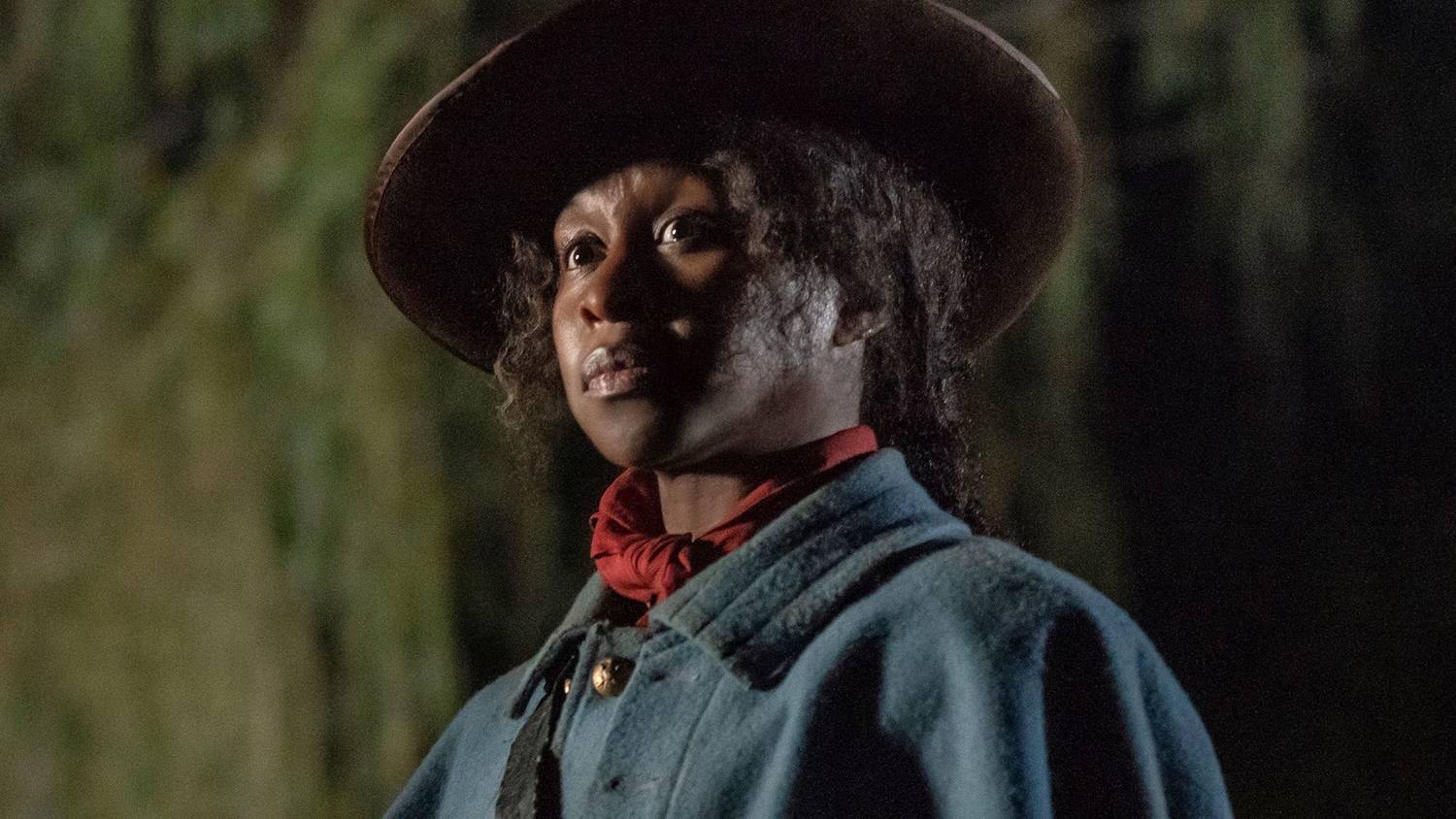
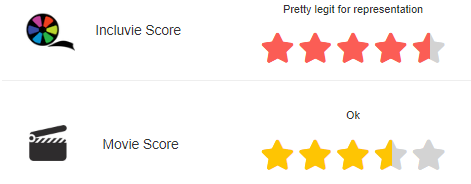
Incluvie Score: Great representation on both sides of the camera; Possible white savior trope
General Score: Needed more character depth; Questionable use of fictional characters; Had to pack a lot into a reasonable amount of time
More to explore
By Same Author
Related lists created by the same author




